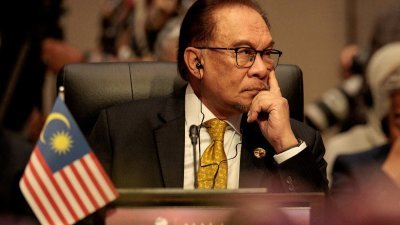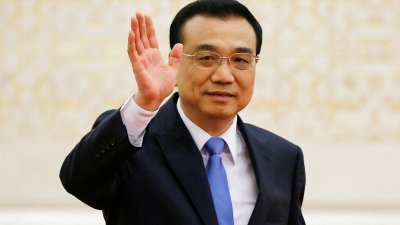在国内经营的某外国石油公司对本地油站业者压榨,使到本地业者,只能“苟延残喘”求存。
当油站业者承担著所有经营的风险时,这些外国公司还继续通过增加和征收不必要的费用,进一步对油站业者压榨。
在油站业者的收入份额日益减少,同时还不得不支付给石油公司特许权费用等之际,这些外国公司还试图提高租金,增加收入的分配额度、调高各种费用与收费,这无疑可视为一种现代版的“奴隶制”。
这些石油公司拒绝给予柴销售油与汽油相等的佣金,如今更有油站便利店货品供应商声称,货品价格似乎遭到操控。
对于本地油站业者来说,便利店业务只是薄利糊口。油站业者利润微薄,甚至还必须承担油价波动的损失。尽管油站业者从租赁设置提款机空间、便利店和快餐店中获得额外收入,但这些收入是须与外国石油公司共享的。
还有指控称,这些外国公司任命中间人作为“独家分销商”为油站便利店供货,油站业者因而不得不以更高的价格入货。因而,油站业者不被允许从其他地方获得更便宜的货源,以让顾客更节省。
但这些外国公司会否吸纳本地油站业者遭受的损失?当然不会!
这些外国石油公司还想从本地油站业者得到什么? 难道是他们计划把本地油站业者榨干,一旦不能再获利、才连根拔起离开?
政府完全知道正在发生的事情,其不能袖手旁观,继续让油站业者受到的剥削。
相关部门必须对这种不公平的商业安排进行调查和介入。石油是一种受管制的商品,因而政府可轻易规范石油公司。
打造公平商业环境
国内贸易和生活成本部(KPDN)也应发挥其角色,在确保油站业者不受外国石油公司的干扰和惧怕被终结代理情况下,与业者进行公开讨论。
政府可以设立一个举报平台,以修订石油公司与油站业者之间不公平的条款,为所业者打造一个公正和公平的商业环境。
Doris Perng《外国石油公司还想怎样压榨本地油站?》原文:How much more do some foreign oil companies want to squeeze local petrol dealers?
Local petrol dealers have been bullied by some foreign oil companies operating in this country.
This industry has turned ‘survivor-like’ for local dealers trying to make an honest living.
While petrol dealers shoulder all the risks that come with running a business, some of these companies continue to squeeze whatever they can from their dealers by increasing and imposing unnecessary charges.
They have tried to hike rentals and increase their revenue share, charges and fees – despite dealers suffering from much lower revenue and having to foot, among others, corporate royalties.
They refuse to give equal commission on the sale of diesel to that of petrol and now there are also claims among the single source suppliers that there appears to be price fixing at the convenient stores.
The convenient store business is considered ‘a thin lifeline’ for the local petrol dealers.
They do not make much and even have to shoulder losses from the sale of petrol.
Despite deriving additional income from leasing out space for ATMs, convenient stores and fast food outlets, the income generated here too is shared with these foreign oil companies.
There are also allegations that middlemen are appointed as “sole distributors” by these companies to supply convenience stores.
The petrol dealers, having nowhere to turn to, will now have to pay a higher price from these appointed middlemen.
The petrol dealers are also not allowed to source for cheaper goods so that they can pass the savings to customers.
But do these foreign companies absorb losses suffered by local dealers? Of course not.
What more do these companies want from local petrol dealers? Is it their plan to extract as much as possible from the dealers and once there is nothing more to consume, uproot and leave for greener pastures?
The government knows full well about what is going on and cannot sit idly by while Malaysian petrol dealers are being exploited.
The relevant agencies must review this lopsided business arrangement and intervene.
Petroleum is a regulated commodity which makes it easier for the government to dictate terms to these oil companies.
The Ministry of Domestic Trade and Costs of Living should also play its important role to invite open discussions with petrol dealers without any interference from foreign oil companies and fear of being terminated.
The government can also set up a whistleblowing platform to assist in refining lopsided terms and promote a just and equitable business environment for all players.
要看最快最熱資訊,請來Follow我們 《東方日報》WhatsApp Channel.

















